State of Governance #2: Identity & Reputation

Clink Clank
For a period of time, democracy in ancient Athens was exercised in a peculiar way.* Every eligible voter, when entering the hall, would receive a single pebble to be cast in one of two urns during assembly, signifying approval or disapproval on an issue. Athenians, understanding the significance of votes being cast anonymously, added another element in the form of a funnel with two endings going to each of the urns and one opening where the voter would put their pebble-holding hand in. Once inside, the voter could easily drop the pebble in respective yes/no endings. What Athenians failed to predict at first was that the pebble made different noises when headed toward each urn as it rolled down the funnel - making the vote anonymous only to deaf people or those in the back.
In this article, we look to draw analogies between political history and Web3, point out the need to rethink governance identities, as well as hint at a new governance primitive in the form of Polygon ID.
Who Votes and How
An ages-long trial and error has in time created the governance frameworks, including voting, that we use today. As the saying goes, those who don’t learn from the past are bound to repeat it. At the same time, as the story above proves, over-romanticizing history with the view of toga-wearing, sophisticated statesmen doesn’t do us good either.
While we throw light on the important characteristics of how the act of voting is performed, what should be as important to us is who participates in the act. As our political systems evolved over time, we would better understand why the ‘who’ matters greatly - in fact, we’ve come a long way from a small percentage of male Athenian citizens making decisions to the participation we see in today’s political systems. Both identifying and attesting the eligibility of voters is therefore crucial.
In Web3, we’re still in the dark, both as it relates to the act of voting, as well as the desired participants. The “citizens” of each protocol vary widely in their definition, from Bitcoin miners, through Validators in PoS, to token holders within DAOs. Importantly, the problem lies not in the number of frameworks per se, but the depth to each of them.
(*) Boegehold, Alan L. “Toward a Study of Athenian Voting Procedure.” Hesperia 32, no. 4 (1963): 366. https://doi.org/10.2307/147360.
Identity & Reputation
A protocol needs to incentivize its permissionless governance to function properly. Whether it’s deployed hashing power or slashable tokens staked, the incentive is there for participants to act honestly. At the same time, the limitations of those two models have been analyzed in-depth - they cater to the largest stakeholders, centralizing decision-making power regardless of the permissionless nature of blockchain. While for a network layer at scale this works because they tend to move slower (note that we have first started talking about Ethereum PoS years ago), the same can’t be said for a use-case-driven DAO. In an environment that has to stay agile, the disconnect between token holders and contributors hurts everyone. If an objectively-good proposal can be vetoed by the almost-proverbial 1%, then it doesn’t bode well for the project. Neither does it take Marxist postulates of returning the means of production to the worker for us to realize that decision-making should be driven by those providing the most value and expertise, following the spirit of meritocracy.
In the context of governance, reputation then means quantified knowledge, experience, and overall value provided by each identity within the system.
Raining on the Parade
Let us now consider the privacy of identities and reputation. In a democratic system, a distinction is made between participants - an office holder’s identity and record (reputation) is very much public, for example their voting history or financial statements. That is to guarantee visibility to the electorate so that it may make the most informed decisions during elections.
On the other hand, the identity of regular voters is anonymous for most contexts. For the vote itself, which is the most important expression of decision-making, citizens’ votes are strictly anonymous. One of the reasons for that is to avoid pre- or post-vote pressure against particular voters, so as to make sure that the decision is that of an individual acting freely and in the best interest of the community.It is an unfortunate but necessary (lest we’d risk openness) inadequacy of blockchain technology that all governance activity needs to be tied to a verifiable identifier, for example an Ethereum address - the same identifier to which all other on-chain activity can be tied to. When I use my address to store both my tokens and the record of my activity (reputation), it’s essentially impossible to completely detach my voting activity from parts or the whole of my on-chain identity. Whether I need to interact with an on-chain voting contract or an off-chain verifiable voting solution, the openness of blockchain means I run the risk of having my identity exposed. clink clank
At the very least, my decision-making identity and reputation should be detached from my general on-chain identity, i.e., pseudonymous. At best, both my decision-making identity and reputation should be verifiable on-chain but completely anonymous.
When thinking these problems through, one point needs an emphasis in that anonymity shouldn’t be considered the ultimate building block of Web3 governance. As the ecosystem enjoys more regulatory confidence, we should see a move towards public office-holders (wherever an office is required) and anonymous decision-makers. Historically, the person charged with exercising power on behalf of the community should be identifiable and individually responsible to the community - not necessarily legally, but in the sense of properly performing their mandate.
Polygon DAO x Polygon ID
As we address the concerns above, a new Web3 identity primitive is needed - Polygon ID will serve that purpose, and Polygon DAO will be its testing ground.
Polygon DAO, in essence, aims to represent and support various areas of interest within the Polygon ecosystem. Whether we talk about users, developers or projects, the DAO should be a place for all of the groups to learn, collaborate, and build together.
Consequently, as the need to distinguish across different groups arises, we want to better define our members, allow them to participate in governance anonymously, provide them with permissionless frameworks to build reputation, and ultimately delegate decision-making to the ones most fit to shape the direction of the Polygon ecosystem.
In the coming weeks, Polygon DAO will begin incorporating Polygon ID-based governance into its decision-making processes. At first, the DAO will leverage Polygon ID to enable sybil-resistant (not susceptible to attacks based on multiplication of identities) governance participation, based around claims issued by the DAO to users. The integration will allow private-by-default verification of humans, providing Proof of Personhood for use within the Polygon ecosystem. A Polygon DAO user’s decision-making identity will soon not only be fully-detached from all other areas of their on-chain activity, but also fully anonymous without compromising on-chain verifiability.
We’re excited to share more about what’s coming with relation to Polygon DAO governance, especially since the use-cases of Polygon ID are unlimited for the wider Web3 governance ecosystem.
Join the governance conversation on our forum and tune in to our blog for the latest on Polygon. Let’s make decentralized Web a reality!
About the Author
Mateusz serves as Governance Facilitator for Polygon, overseeing all governance-related efforts across products. Having stumbled upon blockchain in 2014, what started as a fascination with the idea of ‘digital gold’ has since evolved into his views on the unprecedented intersection of political philosophy and technology that is decentralized governance. He has previously worked for established projects of the ecosystem such as Dapper Labs, Flow, Decentology, and MakerDAO.
Website | Twitter | Ecosystem Twitter | Developer Twitter | Studios Twitter | Telegram | LinkedIn | Reddit | Discord | Instagram | Facebook



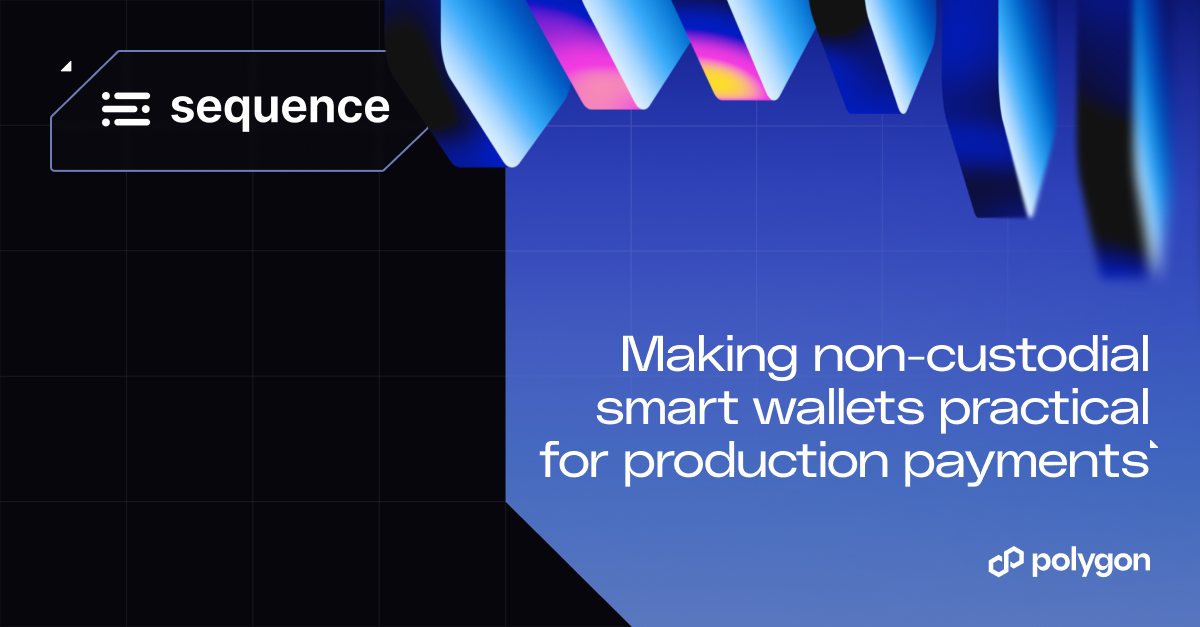


.jpg)
.jpg)
.png)

.png)

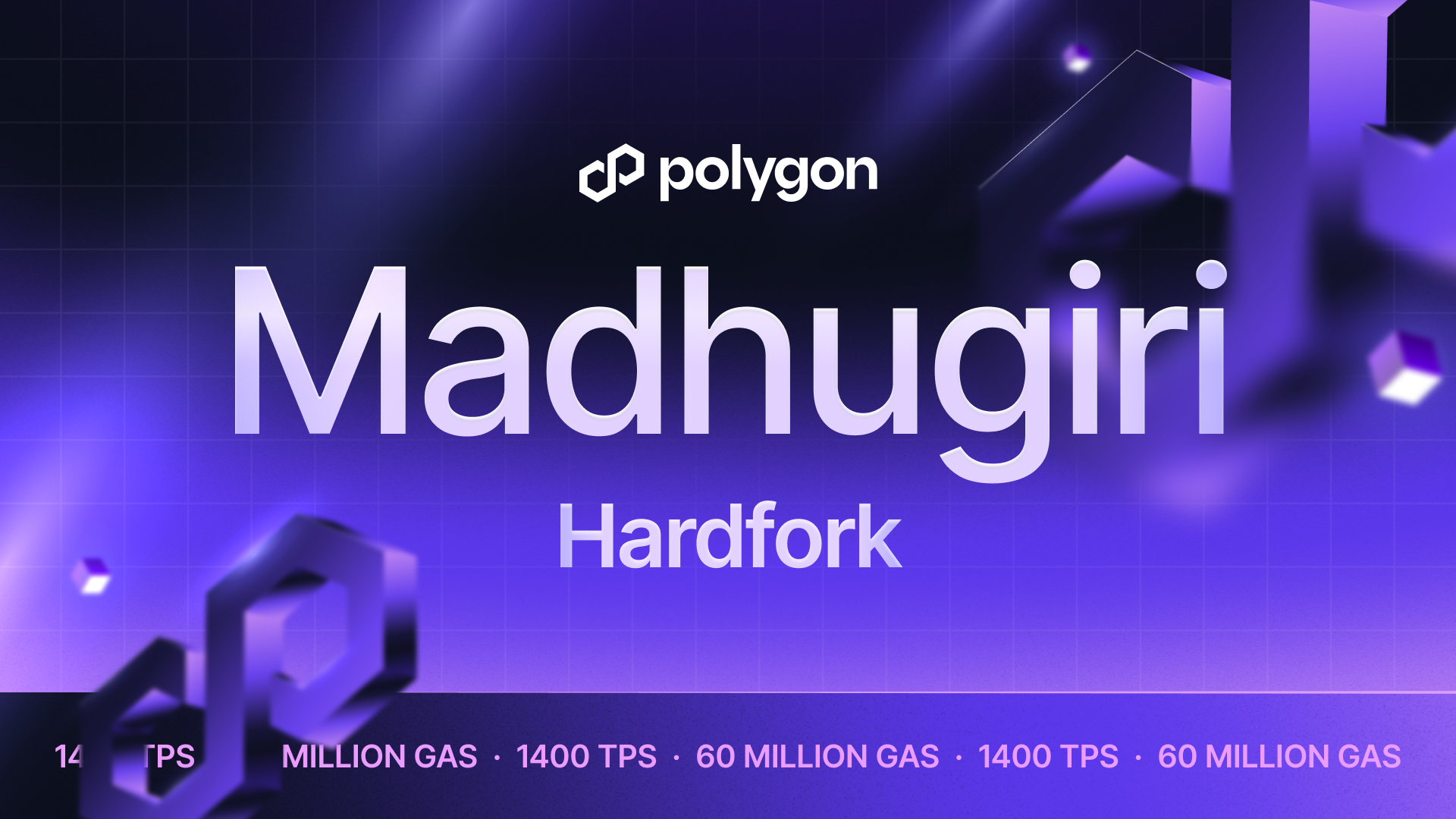
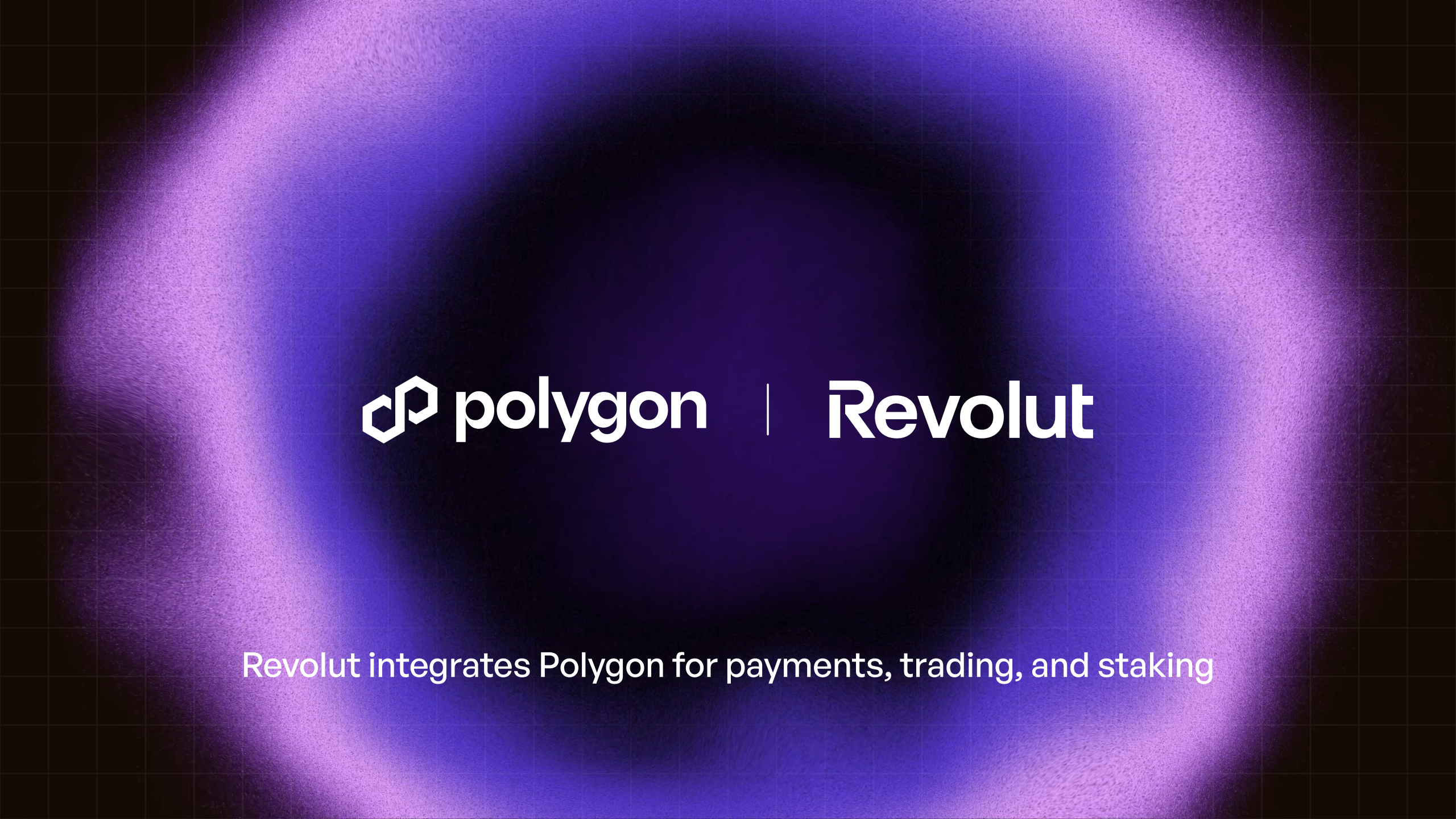
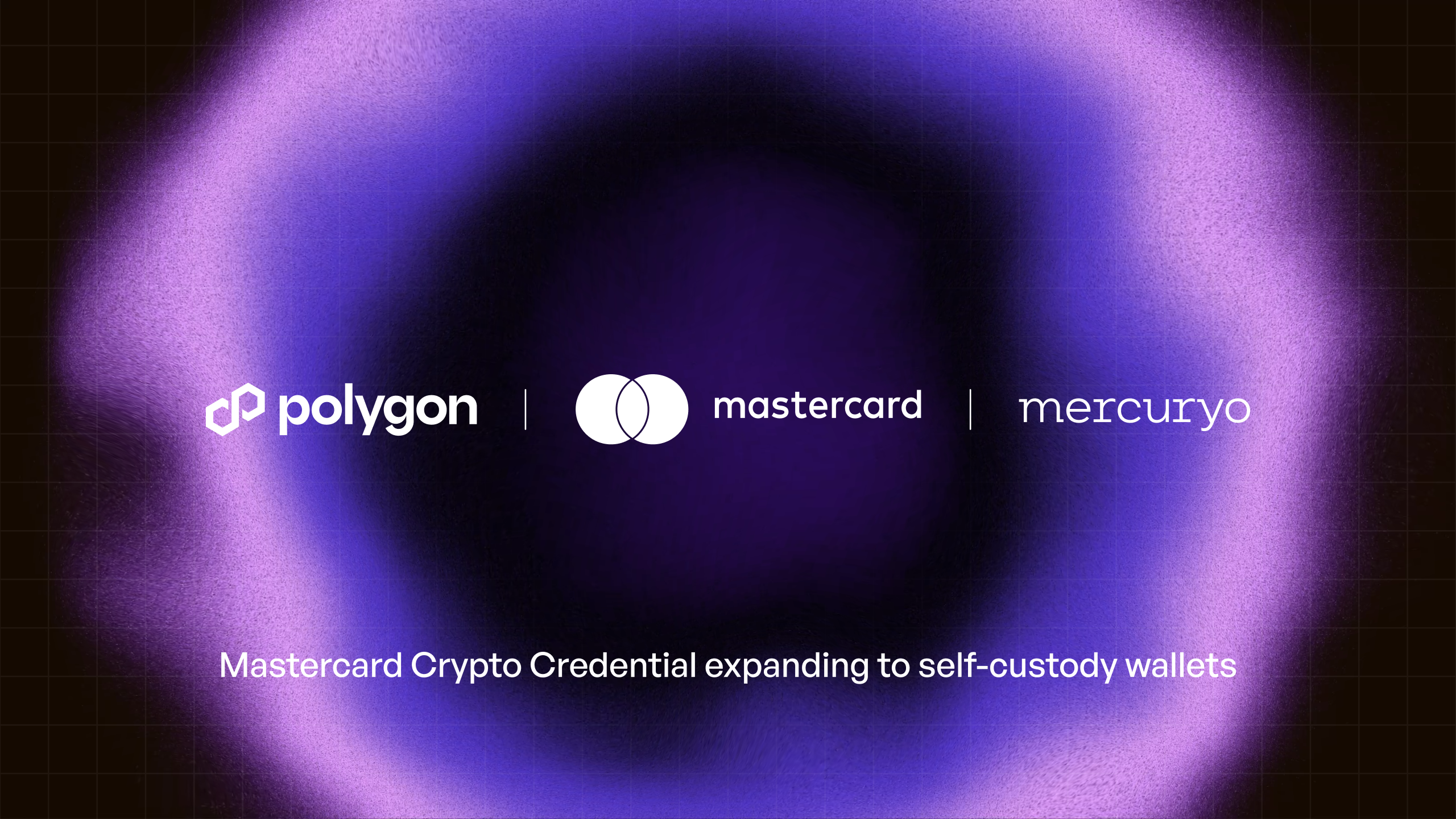
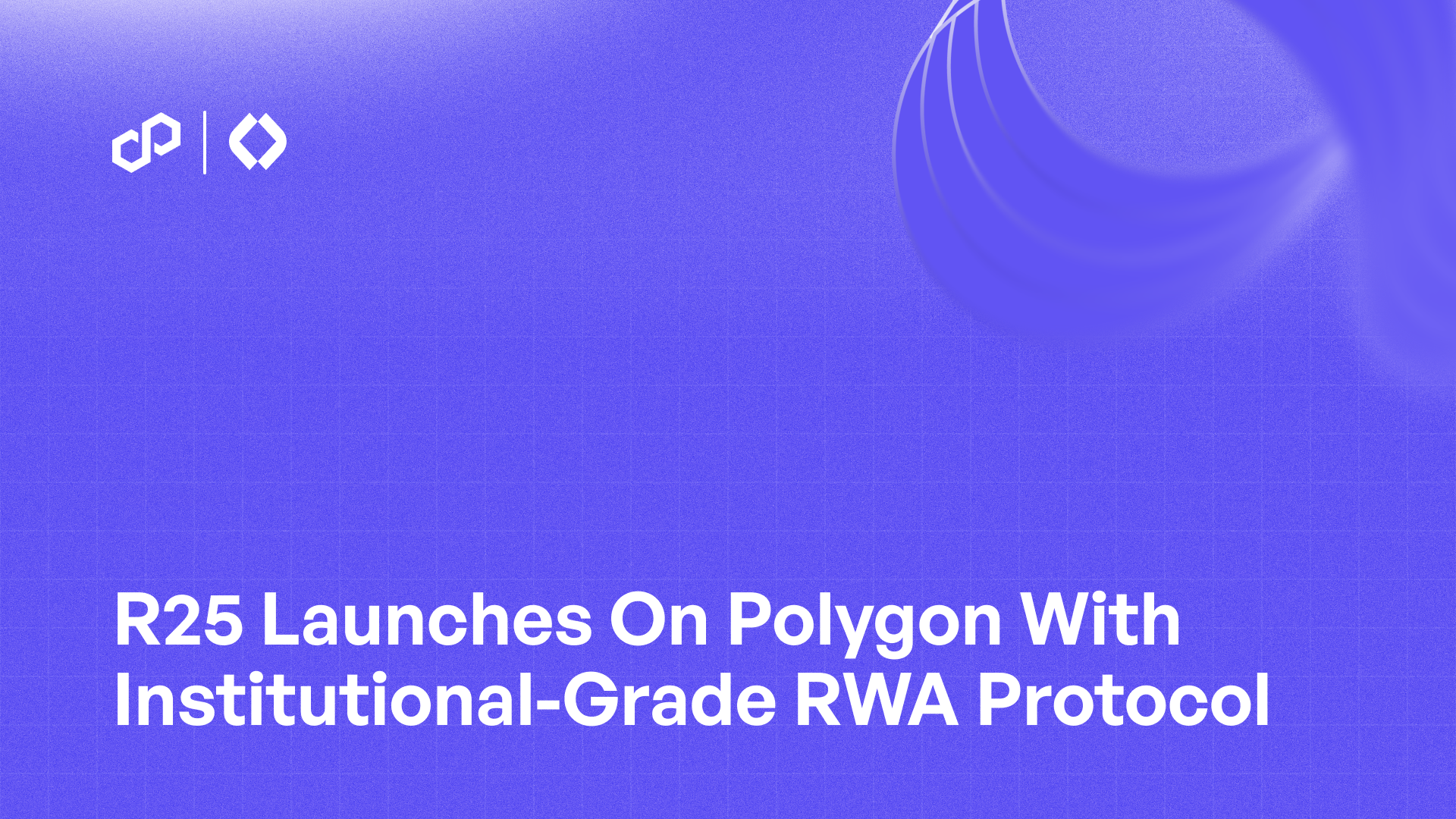
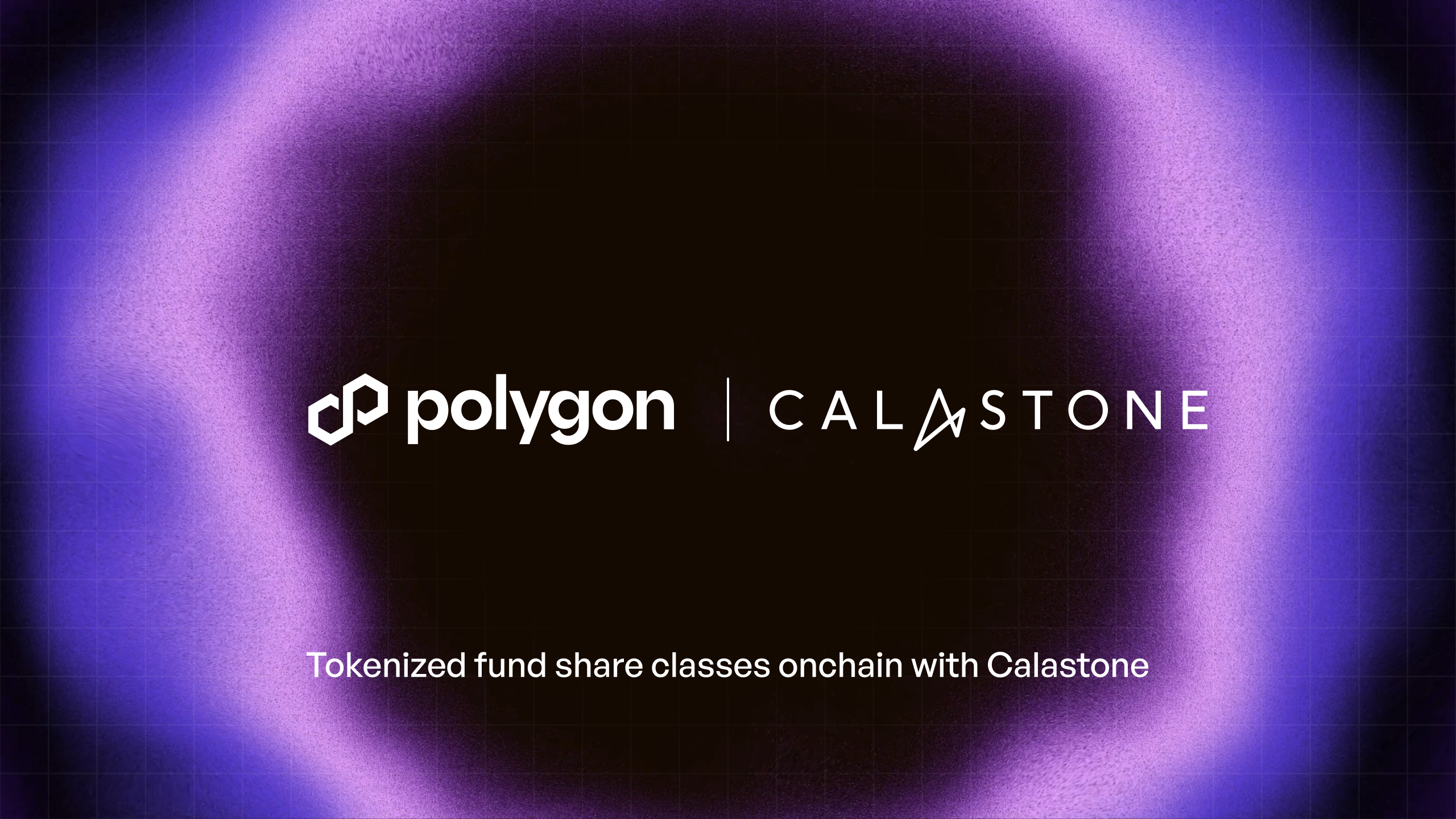
%20(1).png)